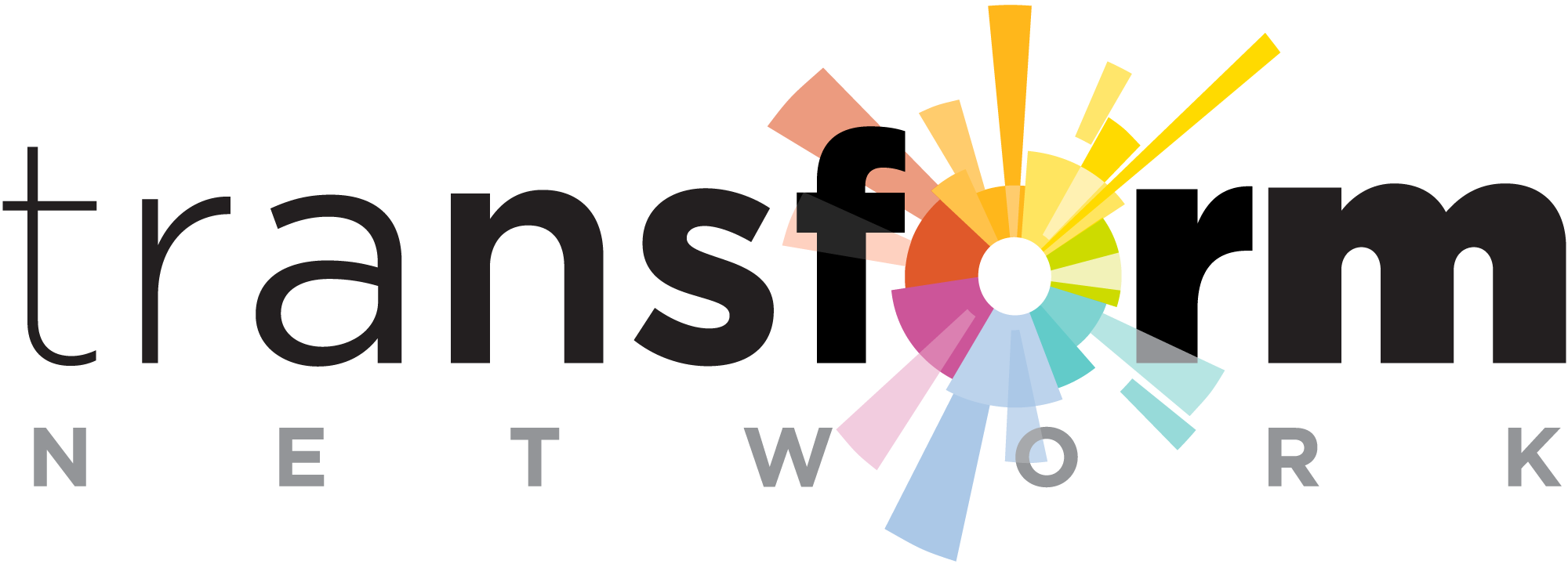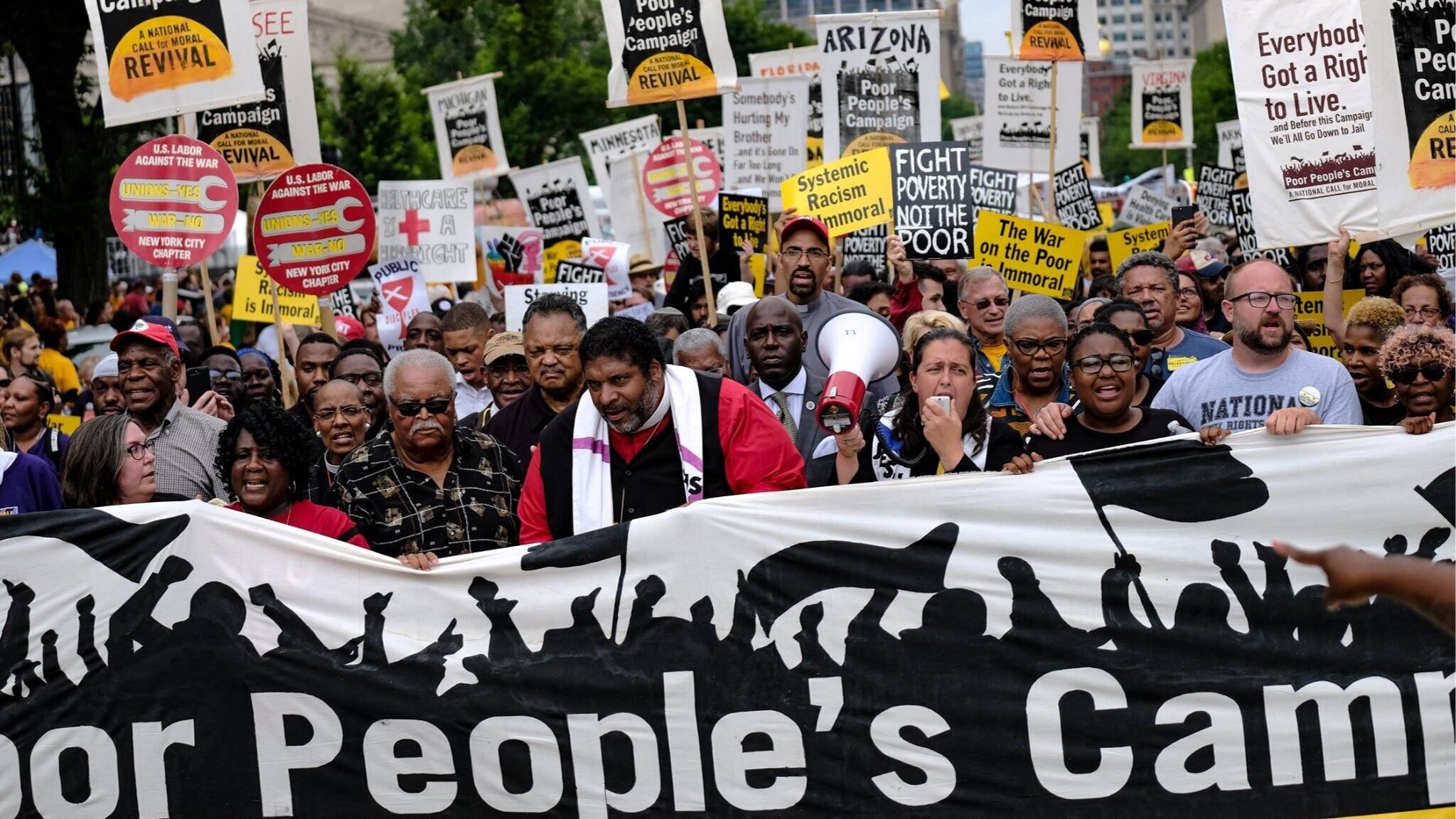
Theology and Praxis
Transform is a decentralized community of practice for learning, growing, engaging in transformational social change. We build relationships by bridging difference intentionally -- by leaning into tensions -- and bonding as friends and allies organically and with intention.
We connect people and communities of faith with broader movements for social change to PRACTICE transformational church and social change.
We see God at work in the Multitude.* God is already at work bringing shalom into the world through all of us, and we only need to join in what God is already doing. citation: Occupy Religion by Joerg Rieger and Adan Bucko
We see that church can and often looks different than the traditional models of church we’ve inherited. We seek to recognize new, emerging, and innovative expressions of church and lift them up. We lift up queer and trans expressions of faith as perfectly natural and beloved to God’s creation.
The transformation of the Body of Christ requires that the voices at the margins of the Body be heard and centered. We find ways to amplify voices of prophetic practitioners for justice, healing, and community. Citation: Faith-Rooted Organizing: Mobilizing the Church in Service to the World by Alexia Salvatierra and Peter Heltzel.
Methodology
We endeavor to hold creative tension. We work to embrace paradox. We see God at work at the intersections.
We believe transformation has to include praxis (Action). We look for ways to learn together and take collective action.
We hold open and transparent conversations and make training affordable and accessible.
We engage in contemplative practices to expand and build our capacity for transformational work both internally and externally.
Our Theory of Change
Our theory of change is based on how damaged and diseased cells are repaired in living systems. Science shows us how oppression (diseased cells) must be surrounded on all sides (by healthy cells) in order to be transformed back into healthy cells again. We don’t seek to cut out diseased cells in the Body of Christ, we seek to transform them. In order to surround and transform oppression, we must all be linked in collective action and willing to honor the differences we have when we sit on different sides of the movement.
We have different perspectives because we are located on different sides of the oppression and thus literally have different views on it. So it is important to engage in dialogue with those who see it differently so we can have a fuller picture of the harm we seek to transform. Connection and communication are the key to having an eco-system of resistance transforming oppression. Surrounding oppression on all sides will take all of us practicing mutual liberation and the inner and outer work, in deep solidarity, for the rest of our lives.
What We Have Learned
We have to intentionally engage in anti-oppression work or we will inadvertently recreate and perpetuate oppression.
We have learned to embrace contemplative spirituality and the inner work of transformation alongside the outer work. We practice together.
We have learned to work at the speed of community. Relationships and communities are the currency and fuel for social transformation.
We have learned that we will continue to make mistakes but we commit to learning from them and bringing courage to our imperfection.
Our Teachers
Father Richard Rohr | Kathy Escobar | Rev. Alexia Salvatierra | Dr. Joerg Rieger | Brian D. McLaren | Linda Flynn, Spiritual Director | Yara Allen, Theo-musicologist | Rev. Dr. William J. Barber II | Dr. Richard Brown at Naropa University | Cynthia Bourgeault | James Finley | David Solnit, Arts Organizer | Jacqui Lewis | Celia Alario | Paul Engler | Melvin Bray | Pamela Wilhelms | Bishop Yvette Flunder | Shane Claiborne | Jonathan Wilson-Hartgrove | Parker Palmer | Rhonda McGee | adrienne maree brown| Mark Charles | Richard Twiss | Randy Woodley | Rachel Held Evans | Gungor | Pema Chodran |Chris Crass |
Words of Encouragement
"There is probably no more pressing matter facing the Church right now than is the need to establish missional communities that will both live/be/carry the Word within the larger community we call ‘the culture’ and, at the same time, serve as a place of union and shared activity between established churches and emergence Christianity. It would be essentially impossible to exaggerate the magnitude of this need or to overstate how enthusiastically and hopefully I am embracing the concepts articulated by Transform. [Its leaders] are offering the Church in all her current permutations a believable and appropriate means of working fields that are white unto harvest, if ever any fields were." -the late Phyllis Tickle, when Transform launched in 2009
"In my travels and interaction around the U.S. and across denominations, I'm convinced that we need a network to … help convene a new generation of leaders to support and encourage one another in the formation of new missional communities. … I'm doing all I can to encourage and support this endeavor, and I hope others will join me." -Brian D. McLaren
“It is clear that the way forward is creative, communal, socially engaged and Christ-conscious. What is needed is a network that moves us beyond conversation into local and connected communities of grass roots action.” -Mark Scandrette, ReImagine





